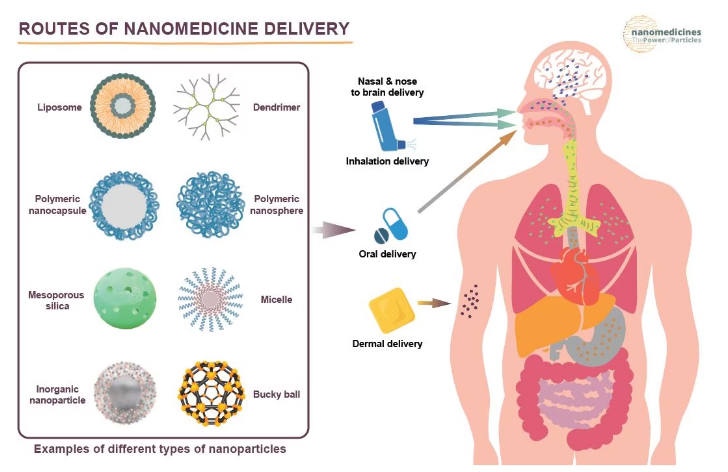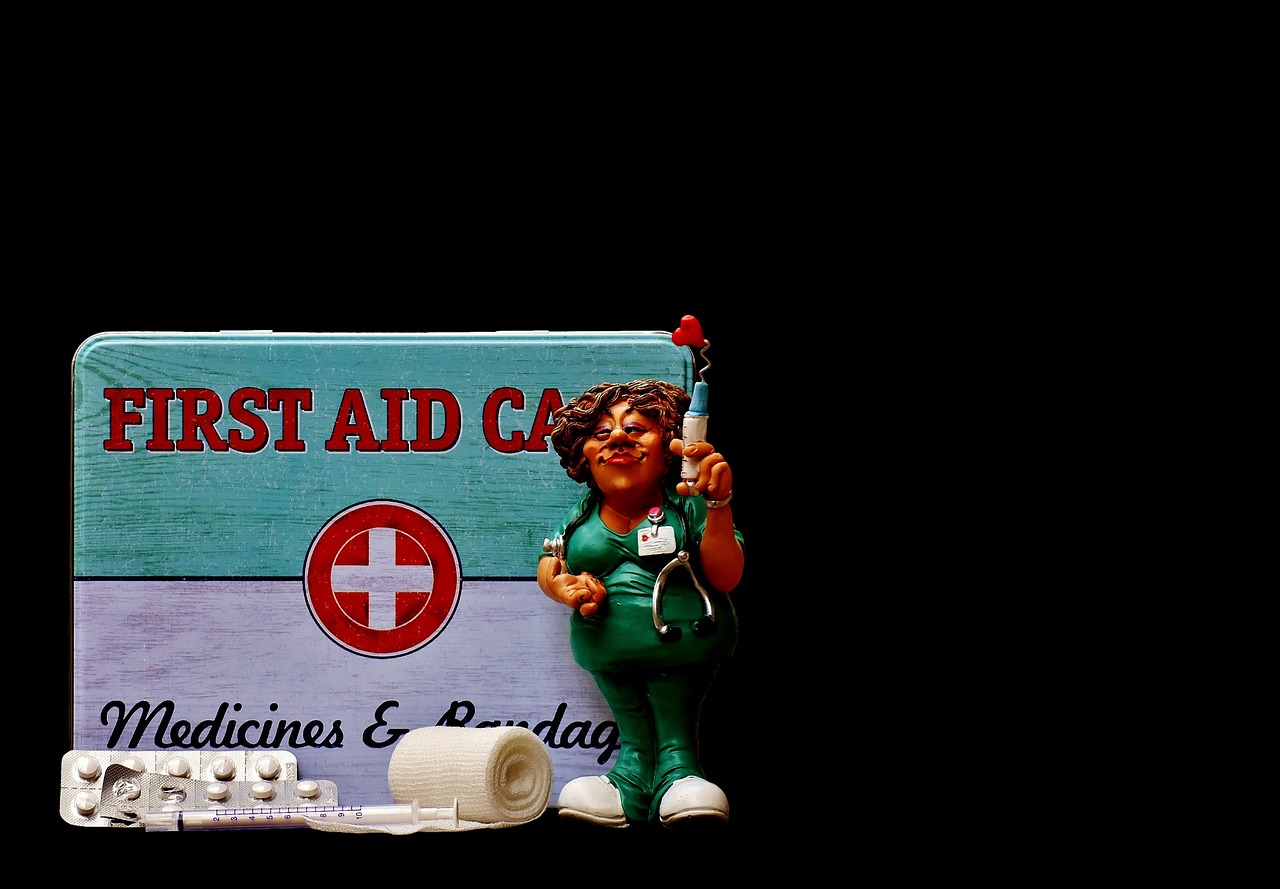Drug addiction is a serious and complex problem that affects millions of people worldwide. It can lead to physical, emotional, and mental health complications not only for the addict but also for their loved ones. While there are traditional methods of treating drug addiction like medication-assisted therapy and behavioral therapy, more people are turning to holistic approaches. By addressing the root causes of addiction while simultaneously healing the mind, body, and spirit holistically, addicts have a better chance at overcoming this disease for good. In this blog post, we will explore what drug addiction is all about, its different types and causes as well as how to treat it holistically by finding the best drug rehabilitation center near you! Trucare Trust is one of the leading and the best Alcohol Rehabilitation Centre in Mumbai for alcohol and drug addiction treatment.
What is drug addiction?
Drug addiction is a chronic disease that affects the brain and makes it difficult for an individual to control their drug use. It can manifest in various forms, including alcoholism, prescription drug abuse, or illicit drug use like cocaine and heroin.
At first, taking drugs may be voluntary, but over time it becomes compulsive because of its effects on the reward center of the brain. This leads to changes in the brain’s chemistry which make stopping drug use very challenging.
Drug addiction not only has physical consequences but also emotional and mental ones as well. It can cause anxiety, depression or worsen existing psychological conditions. Individuals with a history of trauma are more likely to develop substance abuse issues.
Moreover, drug addiction also takes its toll on relationships with family members, friends and work colleagues leading to social isolation due to continued substance abuse without seeking help from professionals at a reputable drug rehabilitation center near them.
The different types of drug addiction
Drug addiction is a complex condition that affects millions of people worldwide. There are various types of drugs, and each one can lead to different forms of addiction. Some common types include opioids, such as heroin and prescription painkillers; stimulants like cocaine and methamphetamine; depressants like alcohol and benzodiazepines; hallucinogens like LSD and magic mushrooms; and cannabis.
Opioid addiction occurs when an individual becomes dependent on drugs like morphine or fentanyl, which are often prescribed for severe pain management. Stimulant addiction, on the other hand, can result from excessive use of substances such as amphetamine or crack cocaine. Depressant drug addiction usually comes from long-term consumption of alcohol or sedative medications that affect the central nervous system.
Hallucinogen drug addiction happens when someone develops a psychological dependence on mind-altering substances such as LSD or psilocybin mushrooms. Cannabis dependency results from overusing marijuana products with high levels of THC content.
In summary, there are several types of drug addictions that individuals may experience depending on the substance they use regularly. Understanding these differences is crucial in developing personalized treatment plans for those struggling with substance abuse disorders.
Causes of drug addiction
Drug addiction is a complex problem that affects people from all walks of life. It can be caused by a variety of factors, including biological, environmental, and psychological influences. A person’s genes and brain chemistry play an important role in their susceptibility to addiction.
In addition to genetics, environment also plays a significant role in the development of drug addiction. Exposure to drugs at an early age or living in an environment where drug use is normalized can increase one’s risk for developing an addiction.
Trauma or stress can also lead individuals towards drug abuse as they seek relief from negative emotions. Mental health conditions such as depression and anxiety may contribute to substance abuse disorders as well.
Social pressures like peer pressure or societal norms about substance use are other causes that lead people into drug addictions. Furthermore, prescription medication misuse due to lack of information about dosage and side effects may result in dependence on those substances
In combination with these individual factors come social determinants such as poverty, unemployment which are known structural causes leading individuals towards illegal drugs consumption. These multiple factors influence each other creating a cycle that leads individuals down the path of drug dependency
Symptoms of drug addiction
Symptoms of drug addiction can vary depending on the substance being abused, but there are some common signs to look out for. Physical symptoms like changes in appetite and sleep patterns, weight loss or gain, and dilated pupils may indicate drug addiction.
Mental health symptoms such as mood swings, irritability, anxiety, depression or suicidal thoughts may also be present in those struggling with drug addiction. Other behavioral symptoms include neglecting personal hygiene habits and responsibilities at school or work.
In addition to these physical and mental symptoms, individuals addicted to drugs might experience financial problems due to their inability to manage finances effectively. They may also have strained relationships with friends and family members who become concerned about their loved ones’ behavior.
It’s essential not to ignore signs of a potential drug addiction problem as early intervention is crucial for successful treatment outcomes. If you notice any of these signs in yourself or someone close to you, consider seeking professional help from a reputable drug rehabilitation center before things get worse.
How to treat drug addiction holistically
Treating drug addiction holistically involves addressing the physical, mental, emotional and spiritual aspects of a person. It is essential to recognize that every individual has unique needs and requires different approaches to overcome their addiction.
One way to treat drug addiction holistically is through nutrition therapy. Proper nutrient intake can help individuals restore their health and balance their mood swings caused by drug abuse. Exercise also plays an important role in holistic treatment as it helps reduce stress levels, improve sleep quality and boost self-esteem.
Counseling sessions are also crucial in treating drug addiction holistically as they allow individuals to address any underlying psychological or emotional issues that may have contributed to their substance abuse. Meditation and mindfulness practices can assist people in managing cravings, reducing anxiety levels, promoting relaxation and improving overall well-being.
Holistic treatments also include alternative therapies such as acupuncture, massage therapy, art therapy or equine-assisted therapy which are meant to complement traditional methods of recovery. These techniques aim at healing the mind-body connection while providing a safe environment for personal exploration.
In conclusion Holistic treatment focuses on treating the whole person rather than just addressing symptoms associated with drug addiction alone – this approach allows individuals struggling with substance abuse disorder to reclaim control over their lives while restoring balance across all areas of wellness
The benefits of treating drug addiction holistically
Treating drug addiction holistically can have many benefits for individuals struggling with substance abuse. Holistic treatment focuses on healing the whole person, including their physical, mental, and emotional well-being.
One benefit of holistic treatment is that it often involves a variety of therapy options to address all aspects of an individual’s life. This may include traditional talk therapy, but also alternative therapies such as acupuncture or meditation.
Another benefit is that holistic treatment aims to help individuals develop healthy coping mechanisms and lifestyle habits. This can include exercise programs or nutritional counseling to promote physical health, as well as stress management techniques like mindfulness meditation or yoga.
Holistic treatment also recognizes the importance of social support in recovery. Group therapy sessions and family counseling can be incorporated into a holistic approach to provide patients with a supportive community during their journey towards sobriety.
Treating drug addiction holistically provides patients with a comprehensive approach that addresses not just symptoms but underlying causes while promoting overall wellness and sustainability in long-term recovery.
The drawbacks of treating drug addiction holistically
While treating drug addiction holistically has its benefits, it also has its drawbacks. One of the biggest challenges is the lack of regulation and standardization in holistic therapies. Unlike conventional treatments, there are no standardized protocols for many alternative treatments.
Another drawback is that some people may view holistic treatment as a “quick fix” or an alternative to traditional treatment. This can be dangerous since drug addiction requires ongoing care and attention to prevent relapse.
Additionally, not all insurance plans cover holistic treatments, which can make them unaffordable for some individuals who need them most.
It’s important to note that not all holistic approaches work for everyone. Each person’s journey through addiction recovery is unique, so what works for one person may not work for another. It’s essential to approach holistic treatment with an open mind but also be willing to try other options if necessary.
While treating drug addiction holistically can be effective in some cases, it’s important to weigh the pros and cons carefully before deciding on a course of action.
Conclusion
Drug addiction is a serious problem that affects individuals and their families. While there are various treatment options available, taking a holistic approach to treating drug addiction can be the most effective way of achieving long-term recovery.
A holistic approach treats the whole person rather than just addressing the physical symptoms of addiction. This includes incorporating lifestyle changes, therapy sessions, exercise routines, and healthy diets into one’s personalized treatment plan.
The benefits of this type of treatment include improved mental health, reduced stress levels, better self-esteem and confidence as well as an overall sense of wellbeing. However, it may take longer for some individuals to see results from this type of treatment.
While there may be drawbacks such as higher costs or lack of insurance coverage for these types of programs; ultimately investing in oneself through holistic rehabilitation centers will lead to success and lifelong transformation.
If you or someone you know is struggling with drug addiction don’t hesitate to seek professional help at a reputable rehabilitation center. With proper support and guidance towards implementing positive changes in your life including a substantial rehab program backed by professionals who care about your needs even post-rehabilitation; overcoming drug addiction is possible! Get directions to Alcohol Rehabilitation Centre in Mumbai.






